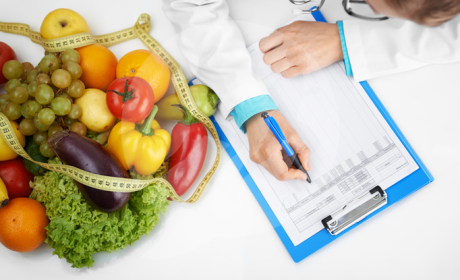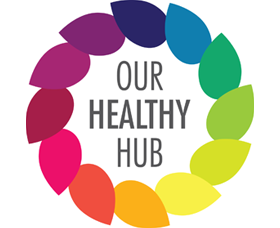If you are even half-way serious about running, you would do well to make sure you understand the important role that carbohydrates play in performance and recovery.
Why are Carbs important?
A runner needs energy to keep going, and energy comes from three sources: protein, fats and carbohydrates.
Whilst your body is able to use both its protein and fat stores for fuel, these are more difficult to breakdown than carbs, and the conversion takes time.
On the other hand, most of the energy from the carbs you consume is stored in your muscles as glycogen, which your body can easily and quickly access, making carbs the runner’s best nutritional friend.
Here are five ways to up your carb intake and therefore optimise performance and avoid hitting that wall.
Whole Wheat Spaghetti
100gms (cooked) provides 23gms of carbohydrate
An old staple but still a good one, whole wheat pasta is a slow burning complex carb, making it ideal for topping up your glycogen stores on a day to day basis. It has the added bonus of combining perfectly with protein sources such as shellfish or meatballs to make a hearty and appetising meal.
Lentils Red
100gms (cooked) provides 17gms of carbohydrate
Lentils are packed with other good stuff as well as those essential carbs. They can be adapted for use in a wide variety of dishes, including soups, casseroles and salads, so they make a handy addition to any runner’s food cupboard. Importantly, they have a low glycemic rating, so they won’t spike your blood sugar and are perfect for maintaining your carb intake.
Oatmeal
100gms (dry) provides 68gms of carbohydrate
Oatmeal is a super-healthy source of complex carbs, as it is slow to digest, won’t spike your blood sugar, is low in fat and is packed with fibre. Eat it for breakfast and it will supply a steady source of energy throughout the day. Oatmeal is also a good food to eat during the recovery period, as it will help top up your glycogen stores and keep them well-stocked.
Honey
100gms provides 82gms of carbohydrate
Honey is a completely natural food, but check which brand you buy to ensure nothing has been added or taken away. Its unrefined sugars are easily absorbed, making honey a fantastic source of instantly accessible energy. Because it is fast-digesting, it is particularly useful for the marathon runner, and is best used during a race or just before a run. It’s delicious too.
Figs
100gms (fresh) provides 19gms of carbohydrate
Another low glycemic source of carbohydrate, figs work well when consumed during the recovery period, when they can help replenish your glycogen levels and get you ready for the next run. Tasty on their own, they’re a real treat mixed in with a bit of low fat yoghurt, a winning carb-packed combination.
There are so many scrumptious carb-rich food to choose from, you should have little trouble finding enough sources to meet your glycogen needs. But if you find you simply don’t have the time or appetite to prepare and consume enough food, there are plenty of excellent supplements available. The important thing is to keep your body moving at its optimal best.

About Paul Stainthorpe
Running has been part of my life since 2011. While growing up I hated running and would do anything to avoid it at school. Give me a ball and a racket any day. It’s funny how some things change. I run for good. In 2012 I ran the 12 Days of Christmas for the Percy Hedley Foundation. In 2013 I attempted (with friend Lee Nyland), the 12 parkruns of Christmas for the Tiny Lives Trust.- 3 Careers For Fitness And Sports Enthusiasts - January 8, 2018
- 5 Essential Steps To Making The Most Of Your Weight Loss Holiday - November 6, 2017
- How To Stay Safe And Healthy When You’re Running - August 4, 2017
- How Quitting Smoking Will Improve Your Fitness Levels - May 4, 2017
- How Much Is Too Much? - April 26, 2017
- Jojoba Oil And Your Beard - March 24, 2017
- Top 10 Protein Power Breakfasts - March 21, 2017
- 4 Immune Boosting Porridge Toppings - February 2, 2017
- How To Fit A Healthy Lifestyle Into A Busy New Year - January 13, 2017
- Don’t Be Fooled By These 3 Weight Loss Myths - December 21, 2016

























